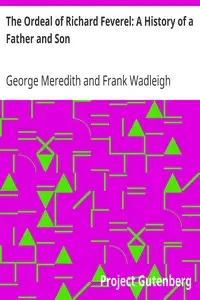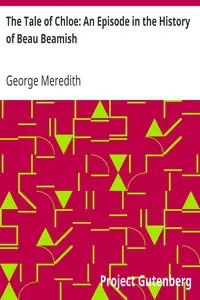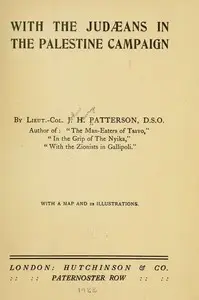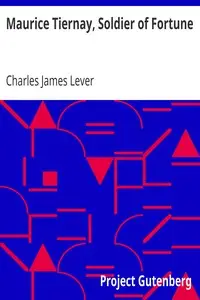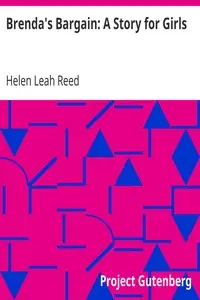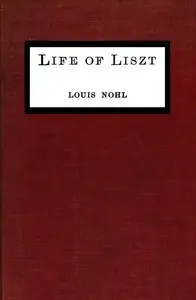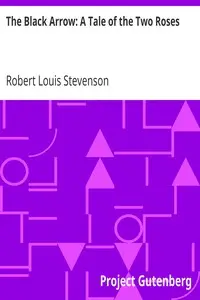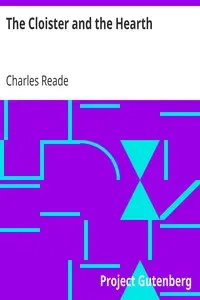"Vittoria — Volume 4" by George Meredith is a novel written during the late 19th century. The narrative unfolds in a dramatic and politically charged setting, centering on the eponymous character, Vittoria, a talented prima donna who captivates an Italian audience with her singing at an opera. The story hints at themes of love, national identity, and the personal struggles amid the backdrop of sociopolitical unrest. The opening portion immerses readers in the electrifying atmosphere of an opera performance, where Vittoria's dramatic portrayal of a character named Camilla evokes intense emotions from her audience. As she sings, the audience is skeptical and critical, yet eventually succumbs to her talent. The scene reveals the complexities of her character—caught between her artistic ambitions and the threats facing her, underscored by the presence of political tensions and personal rivalries, particularly concerning her lover, Carlo Ammiani. Moreover, Vittoria's triumph on stage juxtaposes her internal turmoil and foreshadows the troubles that will follow, setting the stage for a narrative rife with conflict and intrigue. (This is an automatically generated summary.)

Vittoria — Volume 4
By George Meredith
"Vittoria — Volume 4" by George Meredith is a novel written during the late 19th century. The narrative unfolds in a dramatic and politically charged ...
George Meredith was an English novelist and poet of the Victorian era. At first, his focus was poetry, influenced by John Keats among others, but Meredith gradually established a reputation as a novelist. The Ordeal of Richard Feverel (1859) briefly scandalised Victorian literary circles. Of his later novels, the most enduring is The Egoist (1879), though in his lifetime his greatest success was Diana of the Crossways (1885). His novels were innovative in their attention to characters' psychology, and also portrayed social change. His style, in both poetry and prose, was noted for its syntactic complexity; Oscar Wilde likened it to "chaos illumined by brilliant flashes of lightning". Meredith was an encourager of other novelists, as well as an influence on them; among those to benefit were Robert Louis Stevenson and George Gissing. Meredith was nominated for the Nobel Prize in Literature seven times.

